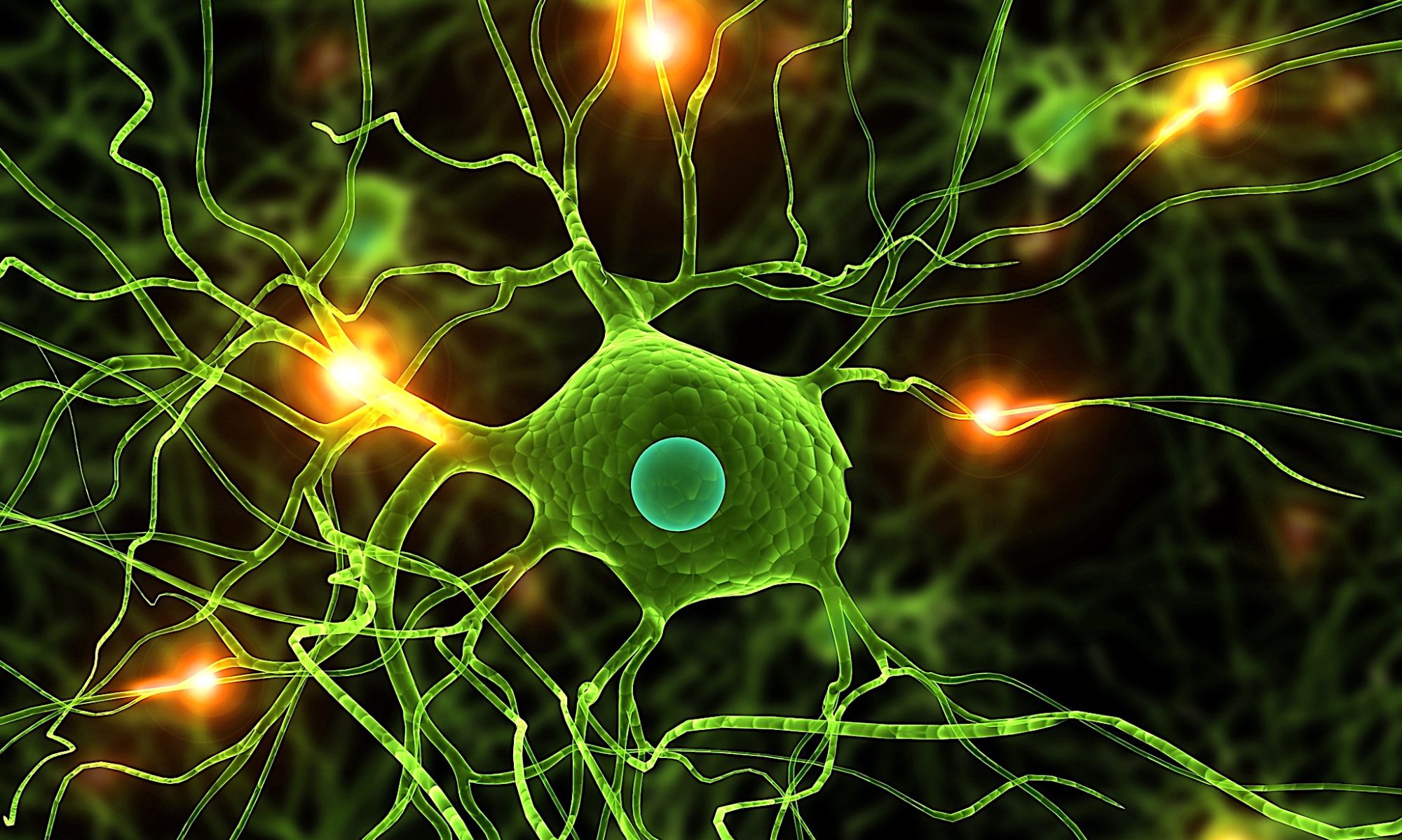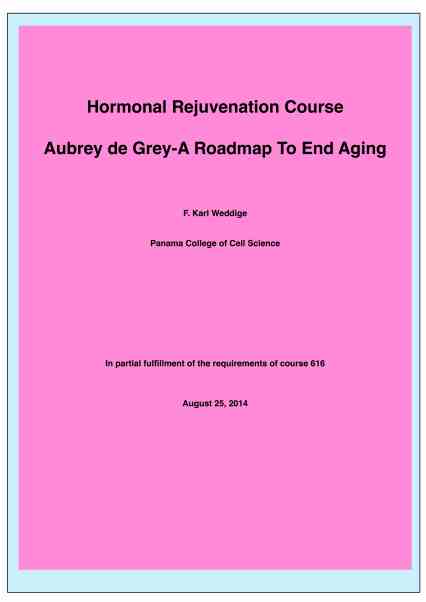Education at on Online College
Education in the virtual world is essentially a self-learning experience. We do not have buildings or offices which house professors who give lectures in large lecture halls and in some cases conduct research activities. Rather we use learned scientists and educators to help develop our course content which is then uploaded to our website for delivery to students. As a virtual college, course material is not “taught” by a professor or instructor, but rather learned by the student in a self-learning process.
Because programs are delivered in an asynchronous manner, students and faculty are not online at the same time. With students from many countries, it would not be possible for instructors and students to meet at the same times due to varying time zones and locations.
Consequently, our stem cell Ph.D. program relies much more heavily on Information Technology (IT) staff rather than on teaching faculty. The course content for our degree program is decided upon at the top with input from qualified people, rather than based on which particular faculty we have and what their individual specialties are. Basing a curriculum on what faculty an institution has is a restrictive approach to modern education, and limits the ability to deliver innovative programs. Our stem cell biology Ph.D. program is predesigned in order to achieve consistency which does not exist where various instructors are permitted to conduct their own courses. We require our students (and hence our student mentors and guides) to follow a specific path to ensure that the highest quality of educational outcome is achieved.
This concentration on consistency also benefits our students in that by generally supplying only a few Instructor/mentors, the online student can become comfortable as to what is expected, and experience less variation (sometimes radical) in teaching styles commonly experienced when subjected to a different faculty member for every course.
Method of Learning
This distance learning PhD program is delivered online through the study of text books, video presentations and other media, and also by using the resources available on the internet. Individual faculty members will determine for each course, to what extent dvd, audio and video podcasts, text material, and internet resources will be used. The program is asynchronous, meaning that it is not necessary for the student to be online at the same time as the instructor. Course materials are accessible at all times.
Consequently, there are no “classes”. Our Instructors serve as guides to the material to be studied. Readings in texts are assigned, and internet resources such as video lectures and research materials are liberally relied on. In addition to assigned readings, additional assigned homework is posted on the student portal from time to time. Most homework involves essay type work or reports on a topic of special importance. Ample time is allowed for the completion of assigned work and readings to allow the student maximum flexibility to budget time appropriately.
Course Content is presented and accessed through our interactive Academic Records Page, created for each student: https://panamacollegeofcellscience.org/courses-portal/
Generally, each course contains a Mid-course Exam, as well as a Final Exam. Exams do have time limits, usually 1 week, and are necessarily open-book style exams requiring the student to prepare essay style answers and/or reports. Many times, questions posed will be outside the required readings, requiring students to practice their research skills in answering a topical question. The purpose of exams is for the student to demonstrate proficiency with respect to the subject matter involved.
Some courses contain no exams at all, but rather base assessments of learning on assigned research reports and/or essays.
Communications between student and instructor must necessarily be via email or other messaging systems due to time zone differences between students and faculty.
The purpose of issuing course grades is to generate a record of the student’s completion of a course for inclusion in the transcript. The Faculty is motivated to assist each student in successfully completing the program, rather than eliminating some students. Grades are based on individual performance and not determined by a bell shaped curve as is often the case elsewhere. Consequently, an entire class may do well. We understand that each student is typically a working adult with many time constraints. All that is required for good grades is that the student demonstrate an honest effort to learn the material. Of course, an “honest effort” goes hand in hand with the student’s acquisition of knowledge.
A grade of B- or better is required for each and every course in our program. Some courses may be offered as Pass/Fail, but a B- is required in order to Pass. Students who receive a C in a course have essentially failed, but will be given the opportunity via extra credit work to raise their grade to at least B-. Students that receive a D or F for a course have failed that course and cannot proceed further in the program.
Here is an example of the kind of work you will be doing, being an essay by one of our graduate students, F. Karl Weddige, concerning the proposition of Aubrey de Grey that Aging is a disease that can be treated (click on cover to view pdf file):

